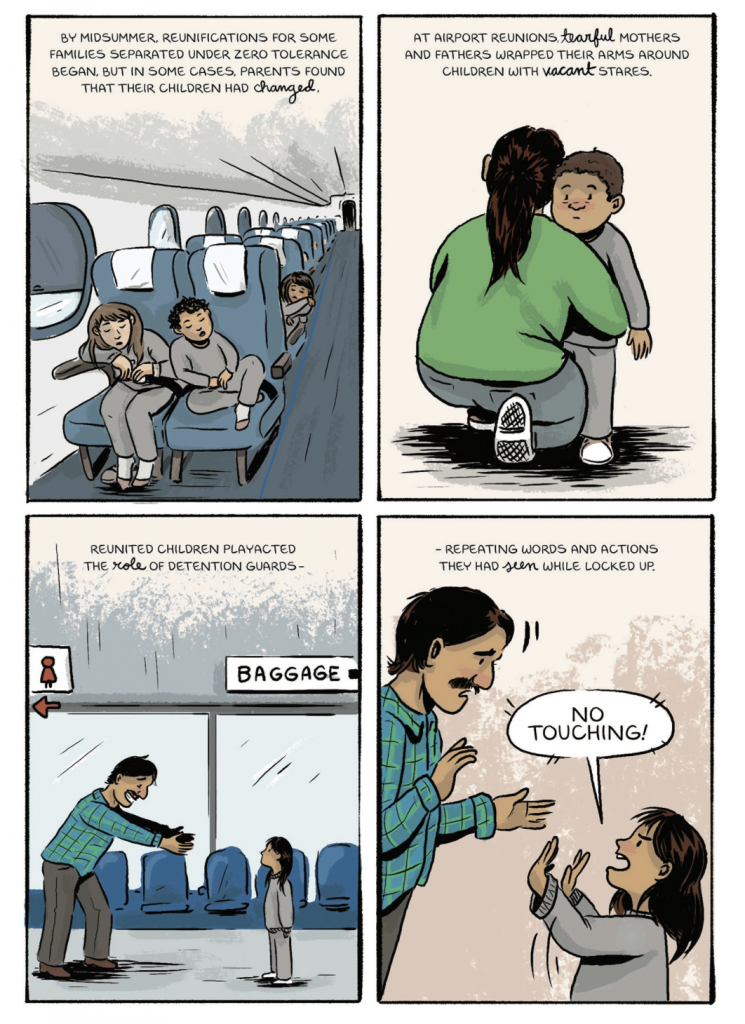Summer of 2018, my wife and I completed IMPACT training in our county. We still aren’t sure when/if we will foster, but it was a necessary step.
At one point during the class, the social worker and class trainer says: “Foster kids… think they are entitled.”
The ellipsis is there because there were some words in between “kids” and “think.” Words like, “hurt” and “vulnerable” and “grateful.” But the emphasis ended on “entitled.”
I’ve heard it before. Social workers, teachers, foster parents, ministers, you name it. These same people continually pump up foster children to believe that our lives will be just as wonderful as anyone else’s. And that kind of unrealistic talk without resources to make it happen will build a sense of entitlement.
Gratitude vs. Entitlement.
I’ve only recently read this piece written a few years ago by Hilary Holland. She makes a simple point – gratitude is by default. Foster kids are ALWAYS grateful for the kindness of strangers.
You may not realize it, you may not hear it, but we are always grateful. We understand more than any of our peers just what we do and do not have.
The situation Holland describes in her article reminds me of foster home number four. Just as Holland describes in her story, we were supposed to express gratitude for every single little thing – like the good fortune or working until 2 AM on a school night in a pallet mill. Which made me resentful for all of it! I can’t imagine why.
When love is given, when kindness is shown, gratitude is by default. Just know that.
Likewise, we are also entitled. But it’s not luxury goods that we feel entitled to. Instead, we believe that we are entitled to:
- …the same access to opportunity as any “normal” child;
- …to be loved;
- …to be respected;
- …to be safe;
- …to our health and a positive sense of self.
I’ve never met one of these mythical foster kids who feel entitled to a new pair of shoes every month, or designer clothes. Maybe they exist. Probably, they don’t. At least not in any large number. I’ve met foster children who desperately wanted these things in order to fit in. But none who believed they were entitled to them.
What I do know is that if DFCS and social workers and non profits and foster parents tell us that we are “the same as everyone else,” that we can do “anything any other kid” can do, without the tools and resources to make that happen, well guess what? They’ve just created a sense of entitlement in us. And we’re going to expect results. And when those results don’t happen, we know exactly what we are to everyone of those people who uttered those false words.
If entitlement is expecting the same life that normal kids have, I personally hope every foster kid in the world today demands his or her entitlement right fucking now. That would make me extra grateful.
And Hilary is spot on – wicker furniture sucks.
